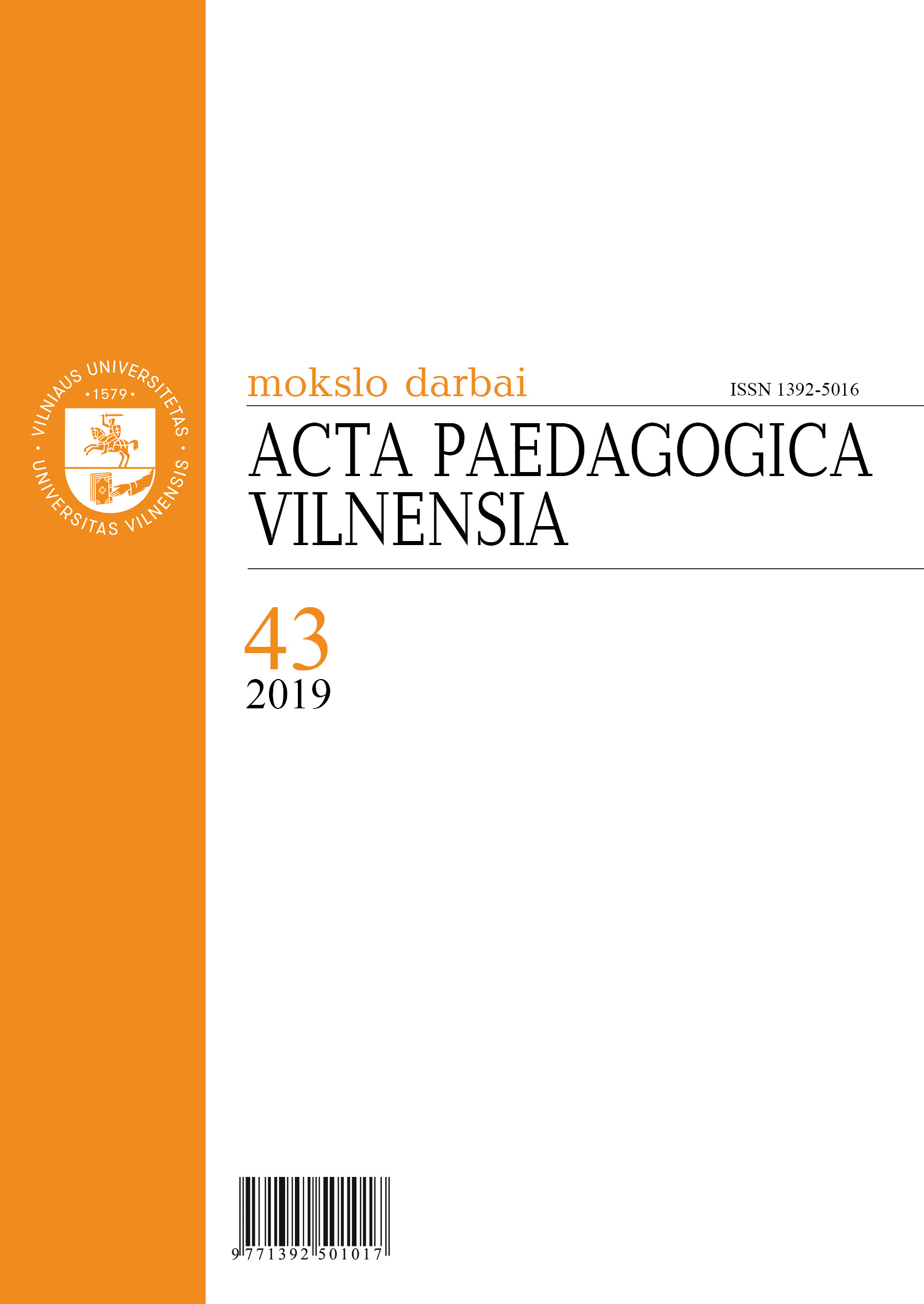Mokykloje dirbančių karjeros konsultantų saviveiksmingumo vaidmuo pasitenkinimui karjeros konsultavimu ir tikslams pasiekti
The Role of Self-Efficacy for Satisfaction with Career Counselling and Goal Attainment Among Career Counsellors Working at Schools
Author(s): Jurgita Lazauskaitė-Zabielskė, Birutė Pociūtė, Laima BulotaitėSubject(s): Education, Socio-Economic Research, Sociology of Education
Published by: Vilniaus Universiteto Leidykla
Keywords: career counsellors at school; self-efficacy; job resources; satisfaction with career counselling; goal attainment;
Summary/Abstract: Career counsellors working at schools are expected to promote students’ social, emotional, academic, and career development (Lindwall & Coleman, 2008). Despite the importance of career counselling at school (Anctil, Smith, Schenck, & Dahir, 2012; Osborn & Baggerly, 2004), school counsellors face barriers to implementing career counselling, including limited time because of competing demands, negative perceptions about career counselling from parents, teachers, and administration, and low school counsellor self-efficacy (Sanders, Welfare, & Culver, 2017). Considering the importance of career counselling and challenging working conditions, studies usually focus on individual antecedents of effective career counselling (Sawyer et al., 2013). Existing research reveals that self-efficacious consultants provide higher-quality career consulting services to various groups of employees (Bodenhorn & Skaggs, 2005; Larson & Daniels, 1998), are more satisfied with their job and experience less stress (Lent & Hackett, 1987). According to Larson and Daniels (1998), self-efficacy is the essential factor of successful career counselling. However, existing studies do not disclose the mechanism of why career consultants with higher self-efficacy perform consulting activities better. Therefore, this study is aimed to analyse the role of self-efficacy in the relationship between job resources (opportunity to develop and feedback), satisfaction with career counselling and goal attainment among career counsellors working at schools. The study was part of the project “Strategies to Utilise and Cultivate Positive Characteristics & Employability Skills in Schools” (SUCCESS, 2017-12-LT01-KA201-035247). In total, 246 school career counsellors from Lithuania, Italy, Ireland, and Greece were surveyed online. Most of the participants (88.6 percent) were female, and their age varied between 25 and 60 years. In all countries, the professional experience of career counselling varied between 1 and more than 10 years.
Journal: Acta Paedagogica Vilnensia
- Issue Year: 2019
- Issue No: 43
- Page Range: 141-155
- Page Count: 15
- Language: Lithuanian

